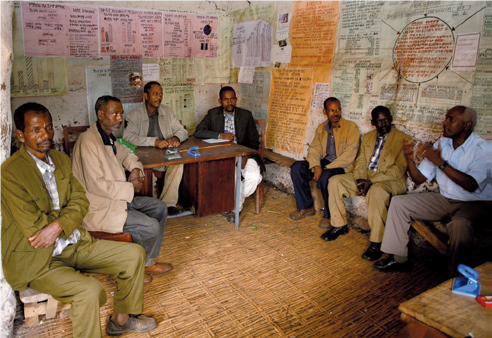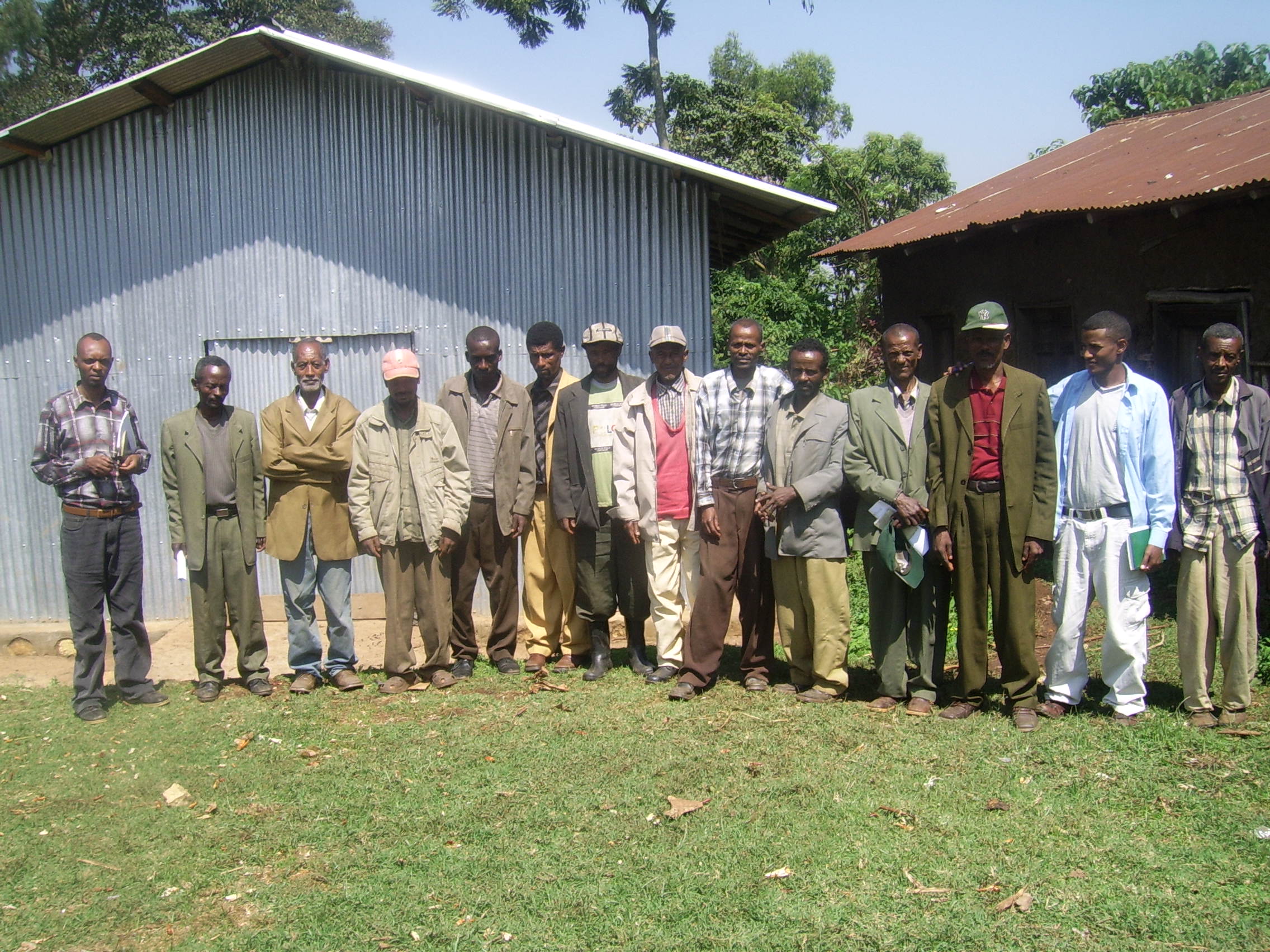


La asociación se creó utilizando un enfoque multipartito en el que participaron una amplia gama de agentes, como las comunidades de las regiones, socios privados de Alemania (Original Food), la administración local y las autoridades públicas (por ejemplo, la Autoridad de Conservación de la Fauna Etíope), así como socios de la sociedad civil (NABU, GEO Protects the Rainforest) y socios internacionales (GIZ en nombre del BMZ). La asociación aprovechó los conocimientos especializados y las redes de sus miembros, combinando conocimientos sobre producción local, normas internacionales de calidad, procedimientos administrativos, desarrollo de capacidades y asesoramiento sobre procesos.
Se creó una estructura cooperativa junto con las administraciones locales para ayudar a los agricultores a exportar los productos forestales. Ahora, la mayoría de los pequeños propietarios está organizada en cooperativas y los socios del proyecto colaboran estrechamente con los sindicatos para establecer un sistema de garantía de calidad para las cadenas de suministro.
Tanto los pequeños propietarios como los empleados de las cooperativas y los sindicatos reciben formación para ampliar sus conocimientos y asumir las tareas en las nuevas cadenas de valor. Las actividades económicas van acompañadas de varios proyectos sociales, como iniciativas de planificación familiar, centros juveniles, prevención del VIH/SIDA, etc.
- La iniciativa está en consonancia con los objetivos del Gobierno de preservar la biodiversidad única del país y reducir las amenazas medioambientales.
- Interés claro a largo plazo y relación de confianza entre Original Food y los agricultores, cooperativas y sindicatos desde 2003.
- Concepto de incentivo económico y protección mediante el uso sostenible de los recursos naturales
- Estrecha colaboración con la población y las entidades locales
- Amplios conocimientos y experiencia de todos los socios
- El modo de colaboración fue muy innovador, ya que consiguió crear un vínculo entre el desarrollo económico regional y la sostenibilidad medioambiental, entre la población local y unas oportunidades de ingresos atractivas y a largo plazo a través de la protección de la selva tropical.
- En la actualidad, más de la cuarta parte de la zona de PFM está estrechamente vinculada al comercio de café silvestre, y los 324 grupos de usuarios de PFM han recibido formación adicional para apoyar la conservación del bosque.
- La cooperación directa entre empresas privadas y pequeños agricultores ayudó a capacitarlos y a garantizar su acceso al mercado europeo.